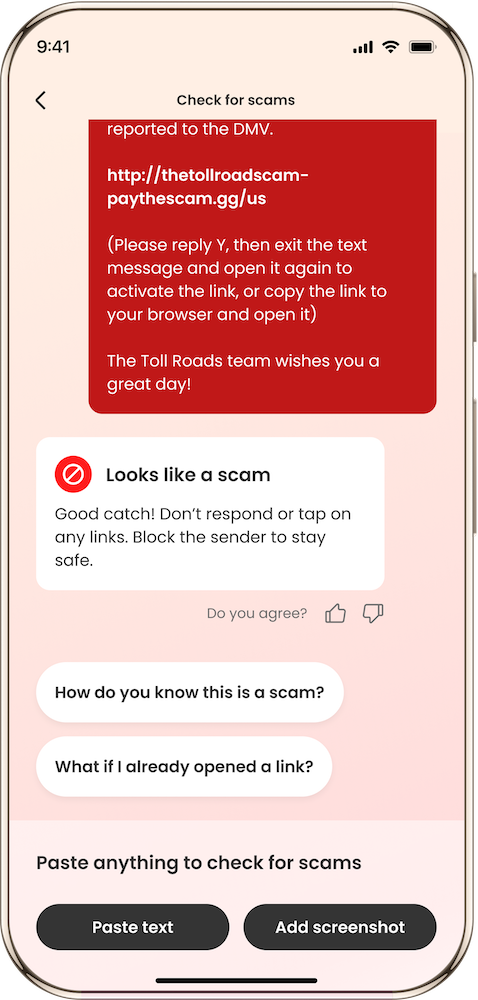Bradley K. was a brand-new dad, sleep-deprived and juggling life with a newborn, when he received a phone call that would change everything. The caller claimed to be from the IRS and said Bradley owed back taxes. If he didn’t pay immediately, they warned, he could be arrested.
Unfortunately, it was a tax scam—and one that cost him $800 and left him shaken for months.
The IRS Phone Scam That Took Advantage of a Vulnerable Moment
Like many Americans, Bradley had just filed his taxes. When the call came through, it seemed believable. The caller knew personal information, spoke with a local accent, and used aggressive tactics to demand fast action.
“I had just filed my taxes, so when they told me there was a problem, it didn’t seem completely far-fetched.”
Under pressure and running on little sleep, Bradley didn’t stop to verify. He didn’t call his dad—who also happened to be his accountant. Instead, he sent $800 and unknowingly gave scammers access to his bank account.
“I was running on barely any sleep with a newborn, and I wasn’t thinking as clearly as I normally would have.”
It wasn’t until days later that a friend told him the truth: the IRS never calls demanding immediate payment. By then, it was too late. The money was gone, and Bradley was left feeling embarrassed and anxious.
“Even now, almost a year later, I’m constantly on edge, making sure nothing else has been stolen.”
How McAfee Scam Detector Could Have Helped Prevent the Tax Scam
Bradley’s experience is exactly why we created McAfee’s Scam Detector—a smart, AI-powered tool that identifies scams across email, text, and even video.
If Bradley had received a scam follow-up message or email while using McAfee’s Scam Detector, the tool could have flagged it automatically—before he ever opened it. He could have also used the Quick Check feature to paste in the message or phone transcript and receive an instant scam analysis.
Key features that could have protected Bradley:
- Text & Email Scam Detection: Flags suspicious IRS-related messages and explains the red flags.
- Quick Check Manual Scan: Lets users upload screenshots or text to instantly check for scam tactics.
- AI-Powered Warnings: Detects urgent language, impersonation cues, and phishing patterns in real time.
- Customizable Sensitivity Settings: Lets users adjust scam detection levels based on their comfort zone.
Best of all? McAfee’s Scam Detector is included at no extra cost with McAfee core plans.

How to Avoid Tax Scams: 4 Smart Tips to Stay Safe
Here’s how to avoid tax scams like the one that targeted Bradley:
1) Know the IRS will never call you to demand payment.
If someone says you owe money and threatens arrest, it’s a scam. The IRS contacts people by mail first.
2) Use McAfee’s Scam Detector for real-time protection.
Scan any suspicious email, text, or message using Quick Check before clicking or responding.
3) Always take a pause before acting.
Scammers rely on urgency. Take a breath, verify the claim independently, and talk to someone you trust.
4) Keep scam protection up to date.
Enable scam alerts across your devices to stay one step ahead. McAfee Scam Detector works across smartphones, laptops, and tablets.
Share Your Scam Story to Help End Scam Stigma
Bradley’s story is just one of thousands. But too often, people stay silent out of shame or embarrassment. That silence helps scammers win.
At McAfee, we believe in highlighting real scam stories—not to scare people but to empower them. These aren’t victims. They’re survivors.
Have a story of your own? You’re not alone—and your experience could help someone else.
Visit our Scam Stories Hub to share your story and help stop scams in their tracks.













